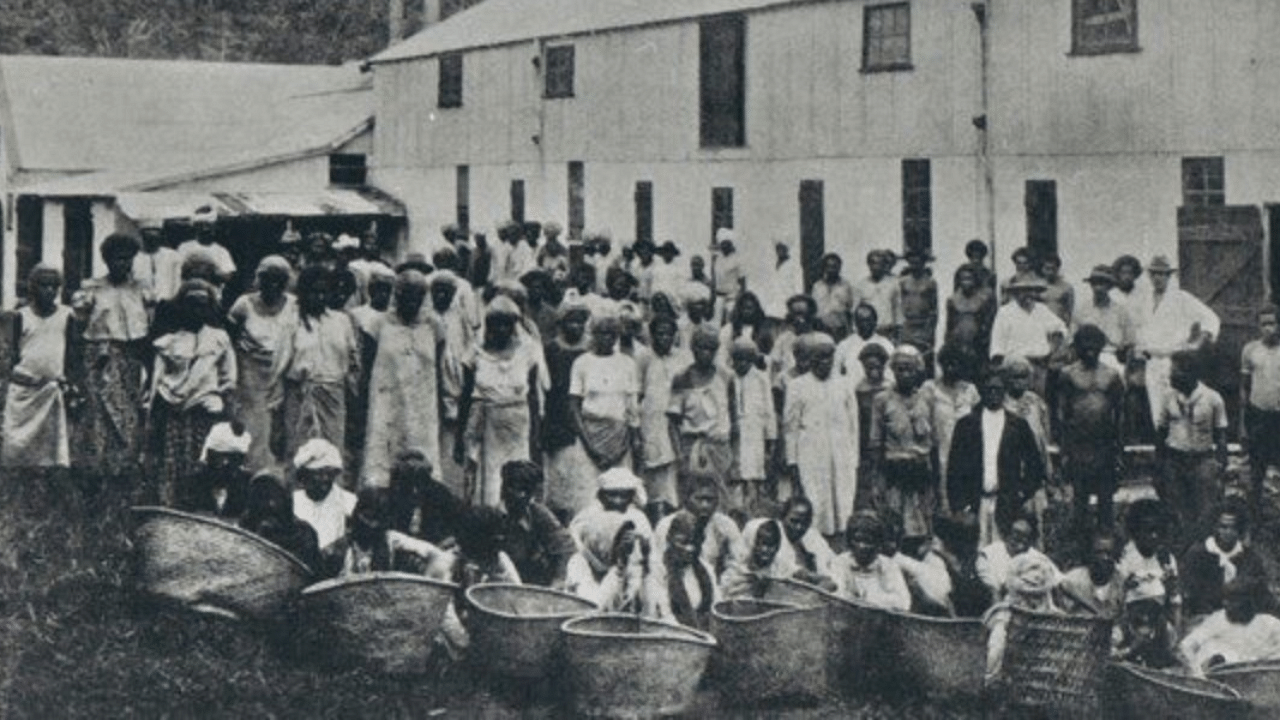
On 11 May 1884, a ship named Syria crashed against a reef off the coast of Fiji, spilling some of her 540 Indian passengers into the waters. Some were crushed in the debris, and others jumped off the ship thinking they could walk to the shore. Some 57 people lost their lives. And until recently, it was believed that colonial officials rescued the others.
The people on the ship were Indian indentured labourers taken to Fiji by British officials to work on colonial sugar plantations. The Syria shipwreck has lived on in the collective memory of Indo-Fijians, marking their ancestors’ suffering at the turn of the 20th century. After Britain outlawed African slavery in 1833, it had to find workers for the backbreaking labour on plantations. Indian labourers were considered docile and dedicated, and colonial officials exported them as bonded labourers.
The Fijian labour trade began in 1879, without consultation with the native Fijians. By 1916, when it ended, 60,000 Indians were on the island. The Indians and Fijians were kept in separate racial compartments by the British administrators, so the two communities did not mix.
The experience of indenture echoes the stories of slavery in North America; women were raped, people were beaten, kids got cholera. After indenture, many Indians settled on the island and began to cultivate the land. By the 1980s, their descendents had assumed important roles in Fijian society.
That stoked simmering ethnic tensions, and since 1987, multiple military coups have left Indo-Fijians at a disadvantage in the country. Many have left for Australia, New Zealand, the US and Canada.
One hope for healing the divisions is the story of Syria. New research suggests that local villagers were instrumental in the rescue, even more so than the colonial administrators. They got to the spot 30 hours before the government did. This recognition has helped heal divides, with some Indo-Fijian representatives traveling to the village to honour the Fijians who helped the rescue. And the Fijian villagers, in response, have recognized the survivors of the Syria as ‘children of the chief’ -- a traditional Fijian honour reserved only for islanders.
In this episode, you’ll hear the story of indentured labourers to Fiji and their search for home. Please visit scrollsandleaves.com for episode notes, and to follow along on other stories.